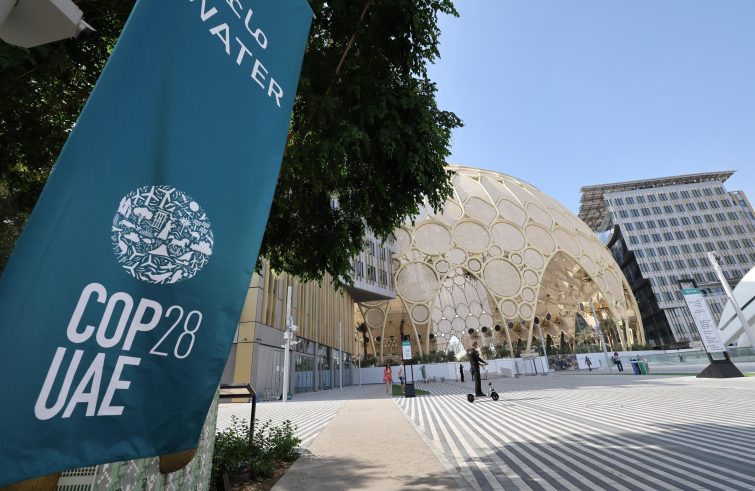
Africa is by far the most vulnerable continent to the impacts of global warming.
Although it has contributed less to global warming than other continents and its emissions are relatively low, Africa is constantly facing all kinds of damage from climate change.
According to the Climate Change Vulnerability Index, out of 33 regions in the world at extreme risk due to climate change, 27 are in Africa.
However, according to the World Carbon Atlas, the entire African continent contributes only 4/4.5% of greenhouse gas emissions. Suffice it to say that America, the world’s second largest emitter, has a very low vulnerability index throughout its territory. What is happening on the coasts of West Africa is emblematic, where erosion and storm surges are increasingly threatening local communities that traditionally depend on fishing. It should be noted that the sub-Saharan macro-region as a whole is particularly vulnerable to extreme events. For example, the frequency of droughts almost tripled between 2011 and 2021 compared to the period 1971-1981, while the frequency of floods increased almost tenfold over the same period.
Unfortunately, the vast majority of African countries lack climate adaptation strategies and policies to deal with the increasing frequency of natural disasters. The continent, which is highly vulnerable, is estimated to lose between 10% and 15% of its gross domestic product due to climate change.
The results of a recent European Investment Bank (EIB) survey on this subject are very interesting. Starting from the premise that the global financial system needs to be overhauled in order to mobilise resources more equitably for the benefit of countries that are euphemistically in the eye of the storm, the EIB’s climate survey shows that for millions of people on the African continent, climate change is having an extremely negative impact on their daily lives, such as access to water and food security, not to mention the collapse of incomes and the general lack of means of subsistence.
In total, 88% of Africans surveyed believe that climate change is already affecting their daily lives; 61% believe that climate change and related environmental damage has affected their income or livelihood; 76% say that renewable energy should be prioritised.
The EIB study concludes that “there is a clear consensus on the way forward: more than three-quarters of respondents say that economies must make decarbonisation a top priority to avoid global warming”.
Africa currently has 60 per cent of the world’s best solar resources, but only one per cent of installed solar photovoltaic (PV) capacity. Solar PV – already the cheapest energy source in many parts of Africa – could overtake all other African energy sources by 2030 if investment is made.
A Marshall or Mattei plan for Africa cannot ignore these considerations. Otherwise there is no point in saying ‘we want to help Africans in their own homes’. One thing is certain: on the one hand, we are demanding more and more from nature, knowing full well that we will never be able to give back what we have taken, that we will never be able to pay back the so-called ‘ecological debt’.










